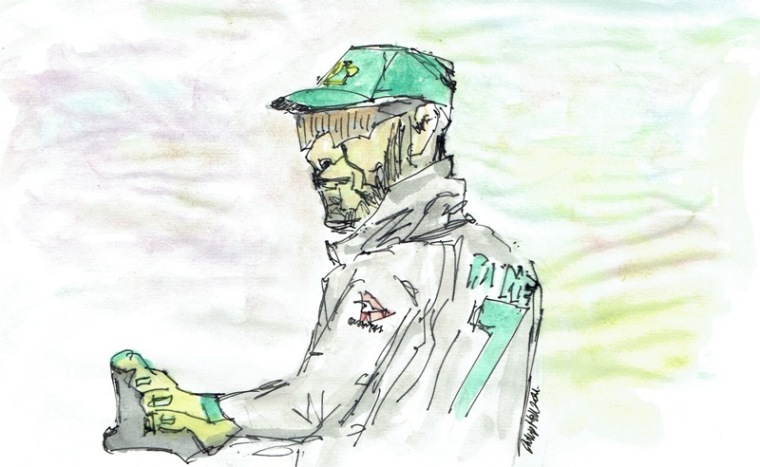
The recently concluded Test series between Australia and India was one for the ages. While calling it the greatest series of all time is a bit of a stretch.
I wouldn't even call it the greatest series between the two sides when you have the Tied Test and the Miracle in Kolkata to choose from. It was enthralling cricket and showed why the longer format remained the pinnacle of the game.
However, it doesn’t matter about the quality of the cricket or the spectacle presented, when Australia loses it is inevitable questions are raised about the captains place in the team.
Any captain is only as good as his last series, but for Tim Paine was facing an impression that he wasn’t quite up to Test standard as a cricketer before his captaincy even became a factor.
Aussie exceptionalism
It’s a uniquely Australian perspective that the captain needs to be the best cricketer in the team, or at least more than average in one of the disciplines of the sport (preferably batting).
There is also a bias against bowling captains because of a lingering opinion it would be impossible for them to focus on the rest of the game plus their own bowling.
Someone like Mike Brearley, considering tactically one of England’s greatest ever captains, would never have helmed an Aussie team even if he had been selected in the first place, as he was not considered a great batsman.
Nor do you usually see many ex captains playing in an Aussie squad, generally losing the captaincy also means the end of your career (with some lamentable recent examples).
Leading from the front foot
That’s because in Australia tactical nous and leadership ability are considered secondary to sheer ability. Australian captains are expected to lead by example, deriving their authority from the performance on the field. When they go through an extended slump in performance it begins to erode everything else and their hold on the team slips.
When the team is winning they can get away with it for a while (like Steve Waugh who had a strong enough team around him to buy him to recover his form), but the moment the wins dry up, every failure becomes another nail in the leadership coffin.
You only had to watch the wheels fall off Ponting’s captaincy during the 2005 Ashes. When he couldn’t bat his way out of trouble he was left looking a shadow of the aggressive, unchallengeable leader we had gotten used—and never really recovered.
Signs of weakness
It was only a matter of time before Tim Paine’s leadership honeymoon came to an end. He simply isn’t considered a good enough cricketer to survive too many losses (though his batting has improved considerably). The moment Australia struggled on the field any mistake he made was going to be seized on.
Those calling for his head should reflect there are more important qualities in a leader than being able to swing a piece of wood or hold onto a leather ball. When Paine took over as captain Australian cricket was at its absolute nadir, reeling from a scandal that made the underarm delivery look like a minor blip.
A chance to stand for something
He provided a sense of stability and decency, and it is no exaggeration carrying the hopes of the Australian public that things were going his shoulders. He has helped rebuild some of the trust that was lost, while still managing to win a few games.
At this point it is really important that Cricket Australia doesn’t blink at the first sign of trouble and seek to replace him with someone new and unready or, even worse, go back to someone like Smith or Warner, who should never be put in charge of a club side again—let alone the national team.
To discard him now would not only be incredibly churlish and ungrateful, but wou send entirely the wrong message—that what they value most isn’t integrity or sportsmanship, but winning. That, after all, is the attitude that got us in this mess to begin with.

David Goodwin is the former Editor of The Salvation Army’s magazine,War Cry. He is also a cricket tragic, and an unapologetic geek.
David Goodwin archive of articles may be viewed at http://www.pressserviceinternational.org/david-goodwin.html